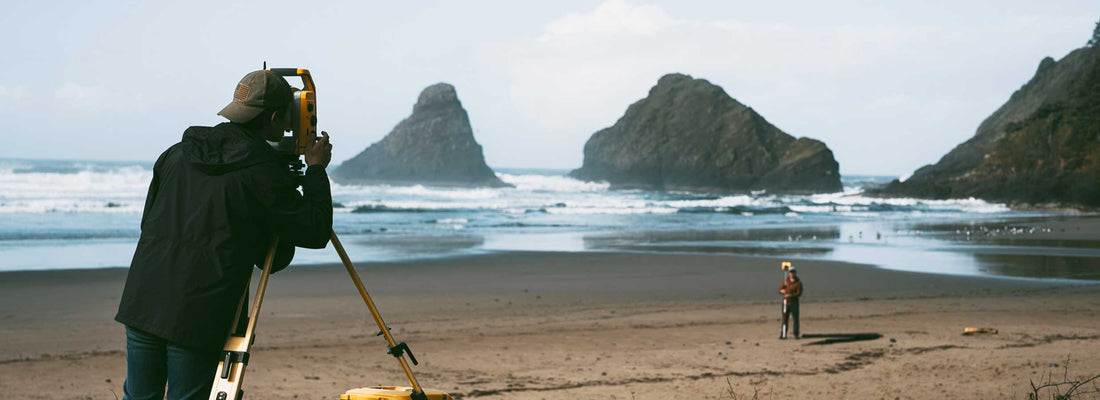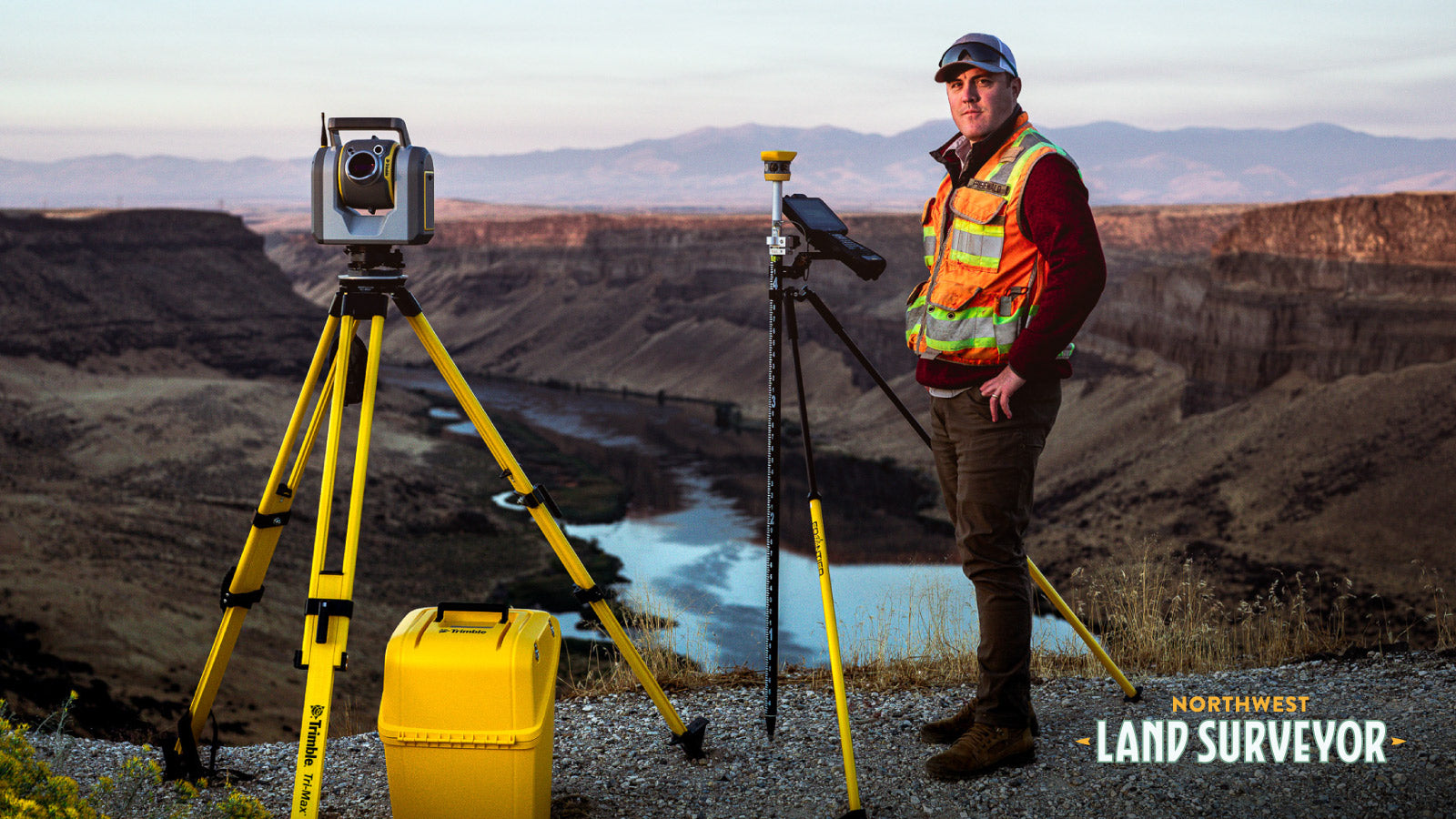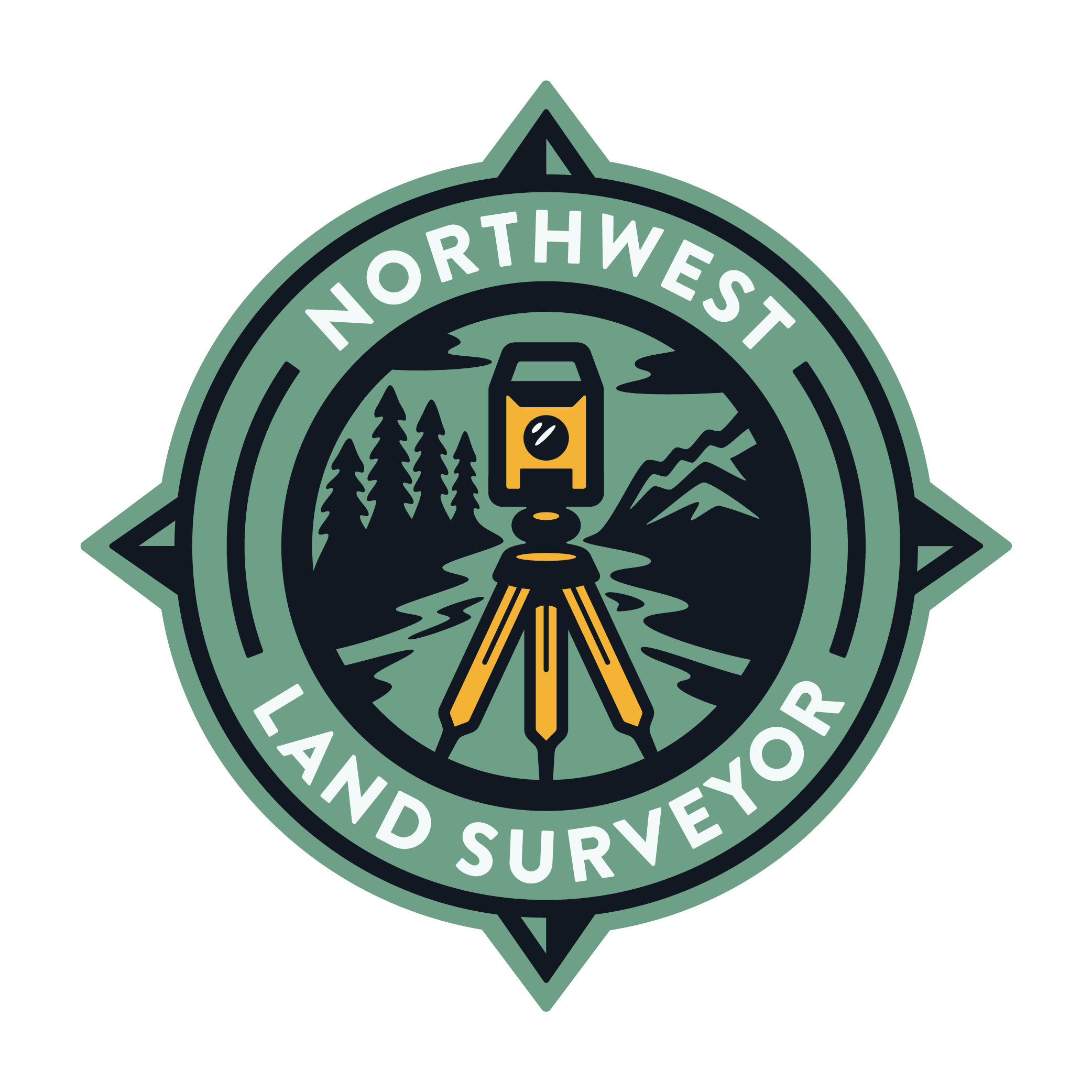Do You Need a Degree to Start a Career in Land Surveying?
Many people interested in land surveying wonder whether they need a college degree to enter the field. The good news? A degree is not always required to start working in land surveying. However, if you want to advance in your career and become a licensed land surveyor, state-specific requirements may apply.
If you're considering a career in land surveying, this guide will help you understand whether a degree is necessary, how you can start without one, and what licensing paths are available in Oregon, Washington, and Idaho.
Can You Become a Land Surveyor Without a Degree?
Yes! You can start your career in land surveying without a degree by gaining hands-on experience as a surveying technician or field assistant. Many surveyors begin in entry-level roles and learn the trade through on-the-job training.
How to Get Started Without a Degree:
- Work as a surveying technician to gain field experience
- Train under a licensed land surveyor to learn professional skills
- Study state-specific surveying laws to prepare for licensure
- Take certification exams, such as the Fundamentals of Surveying (FS) exam
State-by-State Licensing Requirements
Each state has different requirements for becoming a licensed land surveyor (PLS). Here’s how Oregon, Washington, and Idaho handle land surveying licensure:
Oregon
- No degree required—experience-based pathway available
- Must pass the Fundamentals of Surveying (FS) exam and Principles and Practice of Surveying (PS) exam
- Requires several years of field experience under a licensed surveyor
Washington
- Offers an experience-based pathway—no degree required
- Must pass state and national surveying exams
- Requires work experience under a professional surveyor
Idaho
- Degree required from an ABET-accredited surveying or geomatics program
- Must complete professional experience and pass the FS and PS exams
Benefits of Getting a Degree in Land Surveying
- Faster Career Growth – A degree reduces the years of required field experience for licensure
- Higher Earning Potential – Many leadership positions prefer or require a degree
- Strong Technical Skills – University programs teach advanced CAD, GIS, and mapping techniques
- Easier Licensure Process – Some states require fewer work experience hours if you hold a degree
Can I Transfer My Experience Between States?
Yes! The skills and experience you gain in one state often apply in others. However, each state has its own licensing rules, so if you move, you may need to:
- Take a state-specific exam covering local land laws
- Provide documentation of prior work experience
- Apply for reciprocal licensing if moving between states like Oregon and Washington
Final Thoughts: Should You Get a Degree for Land Surveying?
- If you live in Oregon or Washington, you can become a licensed land surveyor without a degree through an experience-based pathway.
- If you live in Idaho, a degree is required for licensure.
- Starting as a surveying technician is a great way to gain experience before deciding whether to pursue a degree.
- If you want to advance quickly, earn a higher salary, or reduce the time needed for licensure, a degree in land surveying, civil engineering, or geomatics can be beneficial.
Explore Your Career Path
Not sure if land surveying is the right fit for you? Check out our other posts:
Ready to start your journey? Learn more about how to become a land surveyor here.







